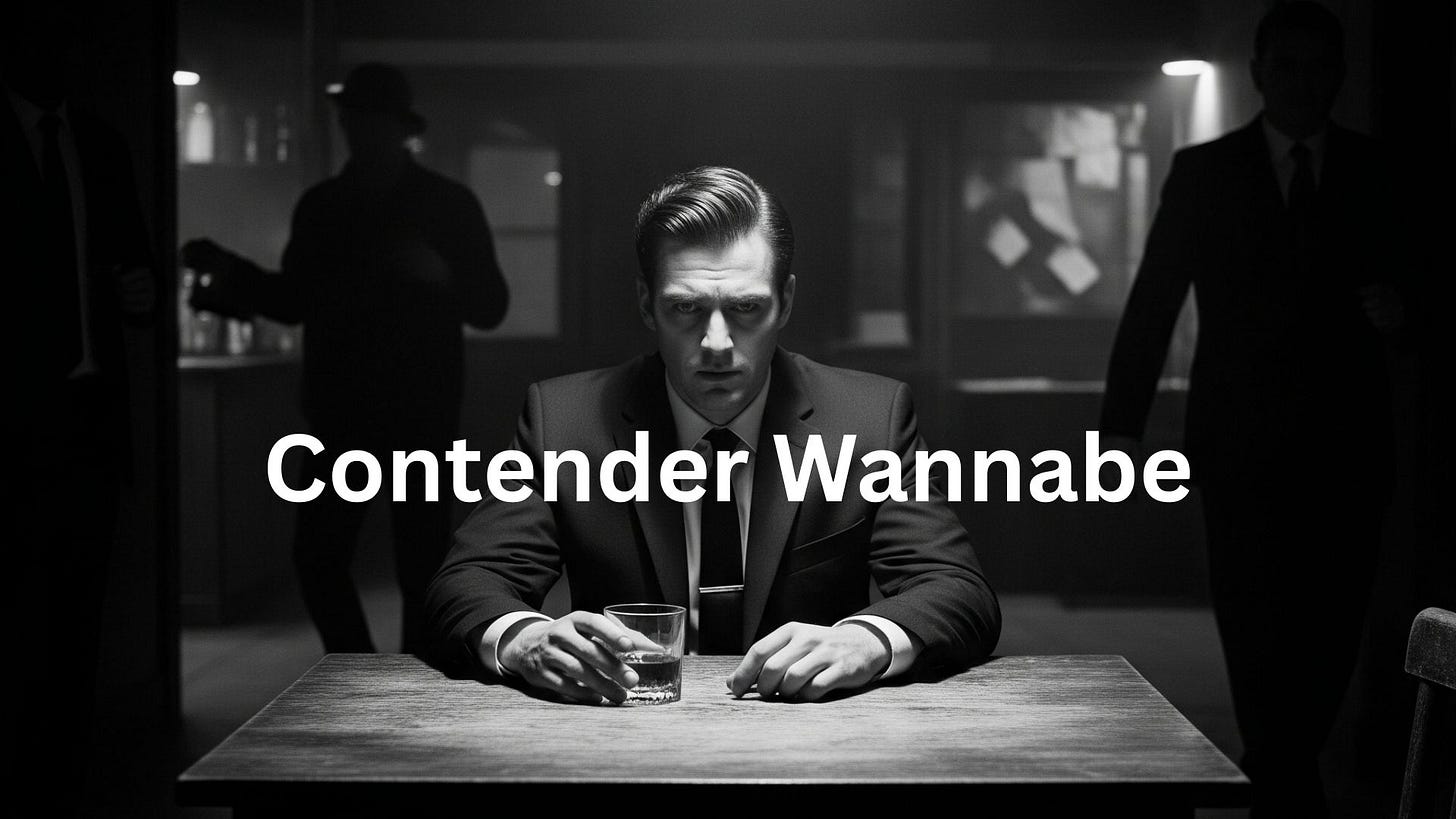You don't understand, I could have had class, I could have been a contender. I could have been somebody
Instead of a bum. That's what I am, let's face itThe myth of a classless society, a narrative so deeply ingrained in the land of my youth, now feels like a phantom conviction. Raised amidst the sturdy ethics of the working class, yet imbued with the aspirational mindset of the professional sphere, my formative years were a curious blend. High school hallways were shared with those whose privilege was palpable, though it registered more as a distant landscape than a personal reality. Our paths, though parallel, never truly converged.It was the move across the Atlantic, the immersion in the intricate social tapestry of Europe, that truly awakened me to the pervasive reality of class. It wasn't an abstract concept; it was etched in the lilt of a dialect, the dignity of one's labor, the unspoken affiliations of friendship. Here in Vienna, a dear friend once remarked, with a candor that still resonates, that I was her sole "educated" acquaintance. Her words, devoid of malice, were a stark reminder of the invisible walls that often divide us.
And this is a realization that has surfaced repeatedly throughout my career, in conversations with colleagues from diverse backgrounds and sectors. We might possess identical qualifications, a fact that itself speaks volumes about the often-overrated
"certificate industrial complex" – a system that, in many ways, functions as another mechanism for keeping people "in their place." Individuals may possess the inherent cognitive abilities, yet are either burdened by a lack of self-worth, preventing them from even envisioning upward mobility, or are simply unable to navigate the financial barriers that gatekeep access to these credentials.
I recall one particular instance with a colleague who, despite sharing my credentials within a specific field, reacted with utter disbelief when I described the integral role my position played in upper management decisions. "Poppycock!" she declared. It wasn't until later that I understood: her professional journey had simply never exposed her to a situation where our shared skills could be utilized at that level. For her, it was an impossibility, a black box. This, I believe, is a common phenomenon. Unfamiliarity often breeds preconceived notions, or perhaps a complete inability to even conceive of a different reality.
This awareness sharpened my understanding of the precarious journey of upward mobility, the very dilemma we explore today. To ascend the social ladder is often perceived as an act of betrayal by those left behind. You become the subject of whispers, the one who has "forgotten where they came from." Simultaneously, the professional realm offers its own subtle, and sometimes not-so-subtle, reminders of your "outsider" status. You navigate a landscape of unspoken codes and inherited knowledge, constantly aware of the subtle differences that mark you as "not one of us." In these moments, the insidious tendrils of inadequacy can take root, and a sense of belonging often finds solace only in the company of others who have traversed similar terrain.
My return to the States, over four decades ago, brought this reality into sharper focus. Eager to share the rich tapestry of my European experiences, I was often met with a polite disengagement, a glazed look that signaled a widening chasm of understanding. Slowly, my social circle gravitated towards fellow European migrants. We shared a common language of displacement, a mutual understanding of navigating new cultures, and a bedrock of shared values forged in the fires of migration.
And this brings us to the heart of the matter: belonging and othering. The human need to belong is primal, yet our identities are rarely singular. We are capable of inhabiting multiple social spheres, of embracing multifaceted selves. Perhaps those of us who have never quite fit neatly into the center of any single society – the migrants, the upwardly mobile, the cultural chameleons – are uniquely positioned. We become the conduits, the bridges between disparate worlds. We learn to navigate the nuances of difference, to translate across cultural divides. And in this liminal space, this in-between existence, lies a profound and invaluable perspective. It is a space I wouldn't trade, for it has taught me that true belonging lies not in rigid categorization, but in the fluid embrace of our multiple selves and the connections we forge across boundaries.



